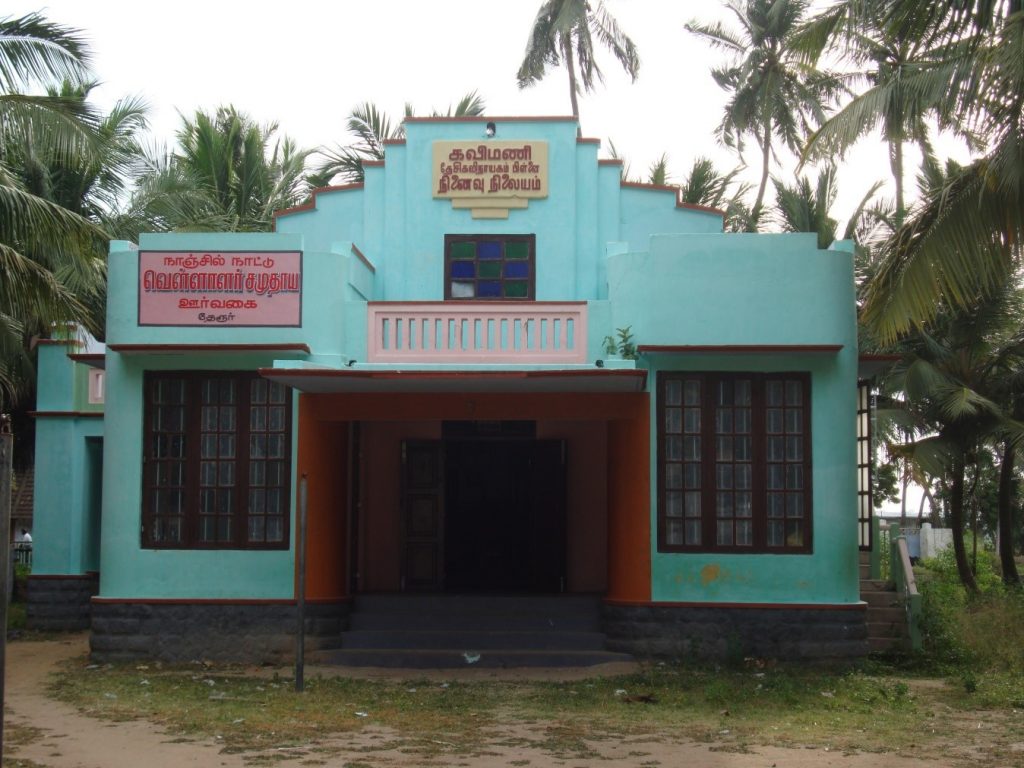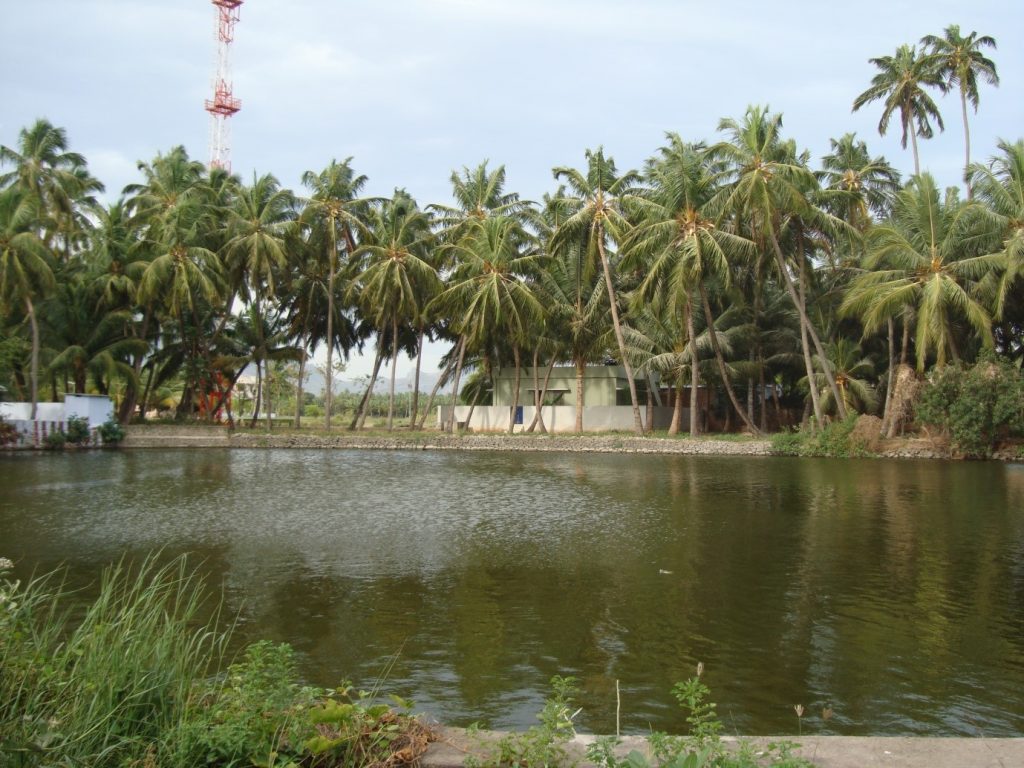Hello!
Welcome to the May 2021 Newgen Author Newsletter.
With parts of the world opening up a bit more, I know some of you are making plans to write more or celebrate books recently released. If you have any book events planned, we want to hear about them and help you spread the word.
Some of you might have been listening to our podcast, The Newgen Pubcast, which started off as a lockdown project. We have some good news for you on that – we are in the process of planning our second series, which will start in September and will be released monthly. In our first episode back, we will be discussing diversity in the publishing industry with Aneeta Madhavan, the co-founder of Talking Cranes.
We were so happy to invite two of you on to the first series of the podcast – thanks Danièle and Matt! – and we’re looking forward to inviting more of you to join us in the second series. If you’re interested in coming on the podcast to chat to us about your experience as an author – and plug your books, of course! – please get in touch. Also, if you want to hear more of Danièle and Matt, they both have their own podcasts: The Medieval Podcast and Gone Medieval.
We have another great line up for you in this newsletter and first up is author Michèle Schindler. Michèle is going to be kept very busy writing lots of books over the next few years, so read on to learn a bit more about her experience.
Recently a few colleagues and I attended the Independent Publishers Guild (IPG) Spring Conference. The IPG is a fantastic organisation that usually holds in-person conferences several times a year, but the last three have been held on a surprisingly effective virtual platform. The conferences are a great resource because knowledge is freely shared among members. Sam, our new business development manager, has written up what we took from this event.
Next up, we have a two-part look at the Education side of our business. In the last issue of the newsletter (February 2021), my colleagues Sarah and Lizzie wrote about what production in the Academic side of our business entails, which you can read here. Céline shares her top tips for Education authors and Phil goes into a bit more detail about the production process.
In each issue, we visit an independent bookshop that means something to a Newgen member. This time, Jennie has written about her local bookshop, the Malvern Book Cooperative, and Renga has written about a library in his grandfather’s hometown that he would visit each year on holiday with his family. Since bookshops have reopened in the UK, we’ve seen an outpouring of love for them, and we hope that local, indie bookshops will continue to thrive.
Finally, we have a review of Maggie O’Farrell’s Hamnet, brought to you by Newgen Book Club member Doug, and we’ve listed the last year’s book club picks. If you are using our list, let us know as we’d love to know what you think of our choices. If you have any suggestions for new book club picks, we’re all ears.
Enjoy!
Eleri Pipien eleri@newgenpublishing.co.uk





